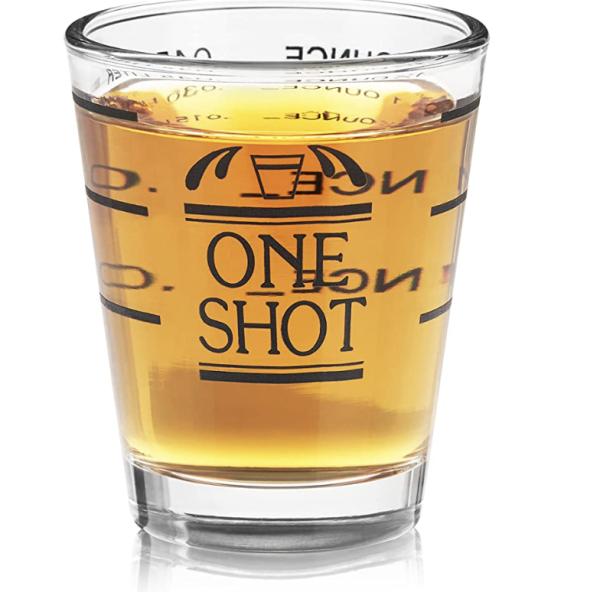One of our challenges at ACSH is trying to inform the public about assessing relative risk. Most people are terrible at doing this. They worry about flying but drive while texting. Or they won't take Aleve because they "don't like "drugs" but smoke marijuana every night. Nowhere is this disconnect more evident than in assessing actual vs. imaginary cancer scares. But you can't blame the public for this confusion. They are constantly manipulated by what they hear and read and don't know what or whom to believe. The press, some environmental groups, and far too many internet supplement hucksters are notorious for spreading false or exaggerated claims about cancer scares.
For example, can there be a more prominent publication than the New York Times for conveying information, accurate or not? Unfortunately, the Times is a serial offender in reporting scary cancer warnings based on flimsy or non-existent evidence, partly because they rely on Nicholas Kristof, an otherwise fine journalist who knows nothing about chemistry or toxicology. But this does not deter him from writing about it. Kristof has latched onto certain trace chemicals in plastics and "Stands Up to Breast Cancer," according to a 2014 article. In particular, Kristof is so afraid of bisphenol-A (BPA) that he won't touch cash register receipts. All this noise about a chemical that has been studied ad nauseam but still is considered by some to be roughly equivalent to standing naked in a steel tub of salt water on top of the Chrysler Building while holding a 7-iron during a lightning storm. And this fear persists despite the results of an exhaustive two-year FDA-sponsored study of the chemical, which concluded:
FDA acknowledges the interest that many consumers have in the safe use of Bisphenol A (BPA) in food packaging. FDA has performed extensive research and reviewed hundreds of studies about BPA's safety. We reassure consumers that current approved uses of BPA in food containers and packaging are safe
Questions & Answers on Bisphenol A (BPA) Use in Food Contact Applications (2018)
And it's not just BPA. The science-challenged Environmental Working Group would have you believe that if you use products (except for those that are EWG-approved, of course) like sunscreens, makeup, shampoo, household cleaners, or even drink tap water, you're one short step from hospice care.
Yep, it's hard to know what's gonna get you. But perhaps the most egregious distortion of rational risk assessment is from people who recoil in horror from Diet Coke, MSG, preservatives, or flavor chemicals yet down a couple of glasses of wine every night.
This is because, unlike with BPA or bug spray, the connection between alcohol and certain cancers (breast cancer being one of them) is solid. According to the American Cancer Society, the consumption of alcohol is linked to the following cancers.
- Mouth
- Throat
- Larynx (Voice box)
- Esophagus
- Liver
- Colon and rectum
And it's not just a simple association; there is a dose dependence. For each of the above cancers, the more alcohol consumed, the higher the cancer risk. Dose dependence is fairly solid evidence for cause and effect rather than just correlation. This holds true for all the cancers in the list with the exception of breast cancer. One school of thought maintains that for breast cancer there is no safe level of alcohol (although this seems a little far-fetched to me).
Drinking even small amounts of alcohol is linked with an increased risk of breast cancer in women. Alcohol can raise estrogen levels in the body, which may explain some of the increased risk.
Source: American Cancer Association
But drinking more is worse.
A pooled analysis of data from 53 studies found for each alcoholic drink consumed per day, breast cancer risk increased by about seven percent. Women who had two to three alcoholic drinks per day had a 20 percent higher risk of breast cancer compared to non-drinkers.
Source: Komen.org
Advice? Aside from the obvious, I'd say that anyone who, out of safety concerns, will drink a rum and Coke but not a rum and Diet Coke may be a bit confused.
Next - Part 2. Why does alcohol cause cancer?




